I4J Conference
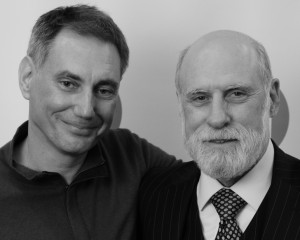
From around the world sixty invited experts on areas of innovation gathered at Google yesterday at the “Innovation for Jobs Ecosystem Conference.” The conference co-chairs were David Nordfors (founder and director of the center for Innovation Journalism) and Vint Cerf (“father” of the Internet and National Medal of Technology winner).
Innovation is the basis for prosperity and the creation of new jobs but it is also responsible for job destruction and major societal change. One overriding question is whether we will be able to create enough net new jobs going forward? This issue is of great concern across the world.
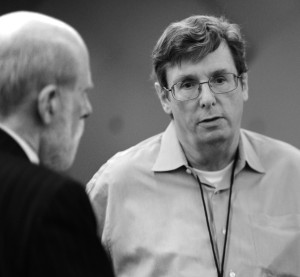
The traditional worry was one of scarcity of resources, as exemplified by Thomas Malthus and more recently by Paul Ehrlich. They, and many others, predicted a world of decline and starvation as populations grew and resources were depleted. This has not happened as predicted and, now with an abundance of cheap natural gas, one aspect of the scarcity narrative has yet again been dispatched to some future date — perhaps 50 to 100 years from now.
The fear this time is different. It is not that we will see a massive decline in prosperity and a descent into mass starvation. No, it is that we are entering a trans-human future where we worry that in every sphere winners take all, humans are replaced by computers and robots, and there are few meaningful employment opportunities for the majority of the population.
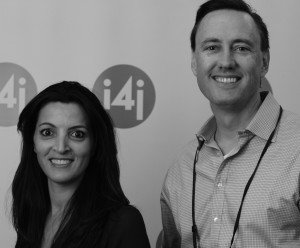
This is easy to imagine. Consider just the emergence of driverless cars and trucks. That one technology could directly eliminate over 5 million transportation workers in the U.S. Millions of jobs will also be lost as bank tellers, insurance agents, and other basic service providers are replaced by Siri-like intelligent computer advisors. While everyone talks about developments that will create new jobs, such as the 3-D Maker Movement, will such activities create the millions of net new jobs needed?
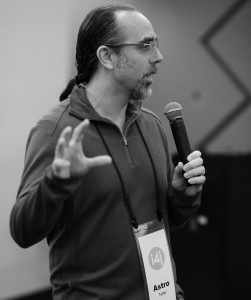
As expected, at the conference opinions varied from absolute conviction that we will create the net new jobs needed to absolute conviction that we are doomed. The actual result will likely be something not yet imagined. But we do know several things. Most developed countries are not creating enough net new jobs, especially for the young. Additionally, essentially every country that reaches a GDP per capita income of ~$10,000 per year shows dramatic declines in birth rates. In parts of Europe and in Japan, Taiwan, and Singapore birth rates are from 1.1 to 1.4, where replacement is 2.2 children on the average per woman. We are depopulating developed countries at rates similar to what the Black Death did around 1350 AD.

Predicting the future is impossible because major innovations, almost by definition, produce unanticipated results. In the past those new innovations created additional net new jobs. But will it be true this time, and will they be “meaningful” jobs? Meaningful jobs are often described as ones where the work is of importance, where there is constant learning, where rewards are proportional to effort, and where there is considerable autonomy or freedom of action. People often think that only high-level jobs have such attributes, but that is untrue. Deming and Ohno showed that they can be achieved with production workers as well.
One aspect of the exponential rates of improvement we are now seeing in many technologies, and especially in IT, is that occupations can change profoundly every 5-15 years and then require very different skills. During the industrial revolution it could take 50-100 years to completely change a market ecosystem. That rate of change was at the speed of generations. But with our current rate of change, will older workers be able to keep up and learn those new skills fast enough? Mostly it is not likely. What does a truck driver or taxi cab driver do after fifty once their job goes away?

Another wildcard is what will happen with biology. As biotechnology becomes another branch of IT, what will happen to average lifetimes and will we be bio-engineering, for example, super-brainy people made up of “ideal” genes from millions of donors?
Every major technological advance brings unintended consequences. For example, the developments just listed amplify the damage that small teams of terrorists can do to society. There’s a Moore’s Law for war too (this is Norman Winarsky’s observation). A hundred thousand years ago one person could kill one other person. But we became much more lethal over time. Are we moving into a profoundly asymmetric world where one person can kill everyone?

One of my contributions at the conference was to emphasize that innovation is a learning discipline — learning fast, deeply, and creatively. To promote successful innovative results, every reasonable step should be taken to make learning effective and efficient. I asked the group to write down on Post-It-Notes the definitions for innovation, customer value, and a value proposition. They then placed them on the wall so everyone could read them.
No two people had the same definitions for any of these three basic terms. If we don’t have the same definitions for value creation it doesn’t stop us, but it does slow us down. Every mature field has standard language, concepts, and conceptual frameworks to promote rapid progress. That simple demonstration showed that we have yet to make innovation a discipline. Clearly there is much that we can do to improve our innovative abilities.
The conference ended by creating an agenda for the Fall 2015 meeting, where specific areas for both increasing innovative output and creating additional meaningful jobs will be discussed. The areas for discussion included education, business ideas, innovation ecosystems, government policy, and more. I will be heading the discussion on innovation practices.
I strongly believe that this is the best time for major innovations in almost every field, but that today’s innovative performance is relatively poor. Improving our ability to innovate is one of the most powerful ways to counter the negative headwinds we see in our future. It is also the best way for developing countries to get hundreds of millions of people out of poverty and eliminate tens of millions of unnecessary health and infectious disease deaths each year.
“Our most important innovation is the way we work.”

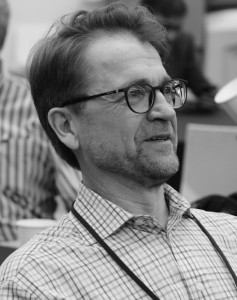





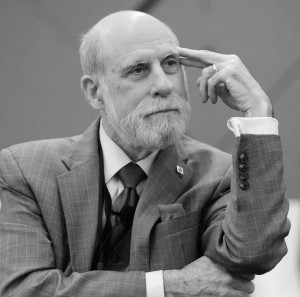



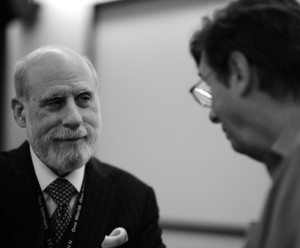



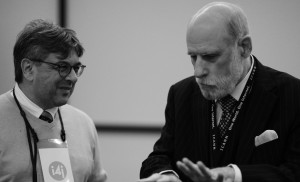

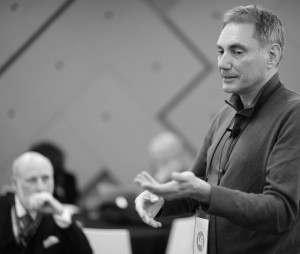
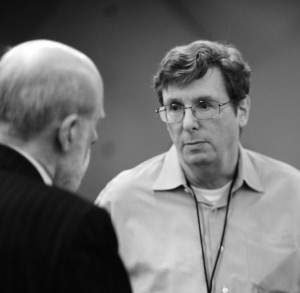

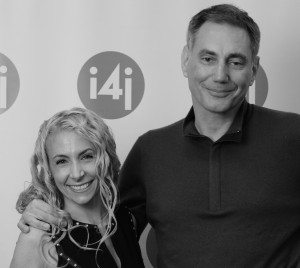






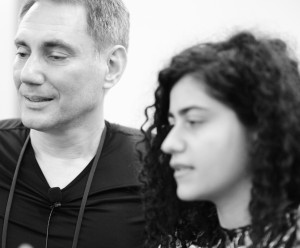
1 Comment
i4j.info » i4j Innovation for Jobs
Hi […] Curt Carlson, Founder and CEO of Practice of Innovation. The original post is available […]